-79%
Alternative Therapies for Mental Health: Exploring Beyond Traditional Approaches
The prevalence of self-treatment for mental health conditions, including anxiety, depression, substance abuse, sleep disturbances, and attention deficit, is a well-known phenomenon acknowledged by psychiatrists. As patients and caregivers increasingly turn to alternative approaches, the need for evidence-based information on non-pharmacological and non-psychoanalytic interventions becomes paramount.
Since the 1990s, the Guest Editors of this issue of Psychiatric Clinics have meticulously researched, analyzed, and utilized alternative approaches in their clinical practice. In this comprehensive presentation, they delve into the scientific foundations of select therapies, encompassing:
Nutritional Interventions
The role of nutrients in mental health has been the subject of extensive research. Selected vitamins, minerals, and dietary supplements are explored in detail, with an emphasis on their mechanisms of action and potential benefits for specific disorders.
Herbal Remedies
Herbal medicine has a long history in treating mental health conditions. This presentation provides a comprehensive review of both traditional and novel herbal therapies, discussing their pharmacological properties and clinical applications.
Off-Label Medication Uses
The off-label use of medications that are typically prescribed for other conditions has shown promise in treating mental health symptoms. This section explores the evidence base for off-label medication uses and provides guidance on their safe and effective implementation.
Mind-Body Approaches
Mind-body interventions, such as mindfulness-based therapy and yoga, have gained recognition for their potential to improve mental well-being. This presentation outlines the mechanisms by which these approaches work and their efficacy for various mental health conditions.
Meditation and Hypnosis
Meditation and hypnosis have been used for centuries to calm the mind and promote relaxation. This section delves into the science behind these techniques and their clinical applications for anxiety, stress, and other mental health conditions.
Electrotherapy
Electrotherapy encompasses a range of treatments, including transcranial magnetic stimulation (TMS) and electroconvulsive therapy (ECT). This presentation provides an overview of the mechanisms and evidence for the use of electrotherapy in mental health disorders.
Light Treatments
Light therapy, particularly bright light therapy, has been shown to have beneficial effects on seasonal affective disorder (SAD) and other conditions related to circadian rhythm disturbances. This section explores the use of light therapy and its impact on mood and sleep.
Mechanisms of Action, Outcomes, Evidence, and Complications
Each therapy is examined through the lens of its mechanisms of action, outcomes, evidence base, and potential complications. This comprehensive approach ensures a well-rounded understanding of each alternative approach and its place in mental health care.
The goal of this presentation is to empower practitioners with the most up-to-date and rigorous scientific information available on alternative therapies for mental health. By providing a comprehensive overview of these approaches, the Guest Editors aim to facilitate informed and evidence-based decision-making in the treatment of mental health disorders.

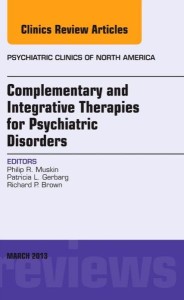
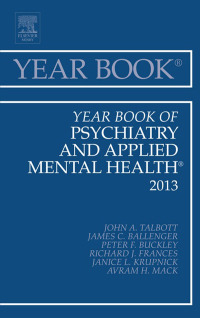
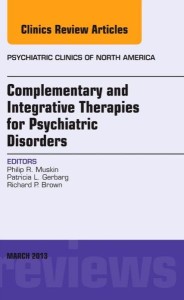
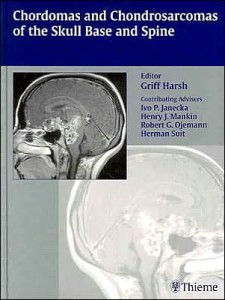
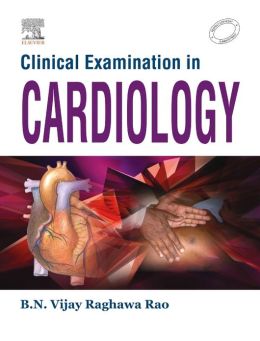
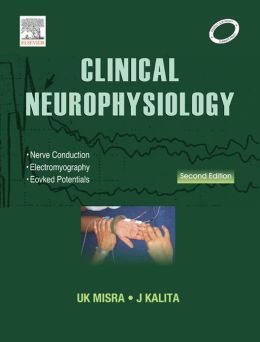
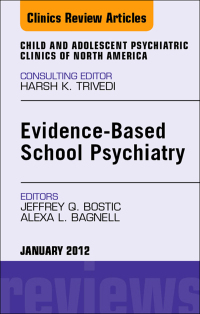

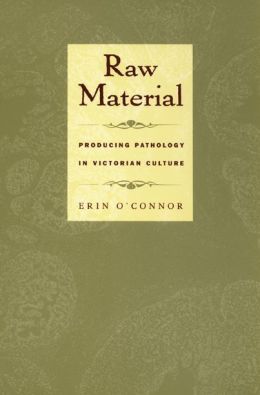
Reviews
Clear filtersThere are no reviews yet.